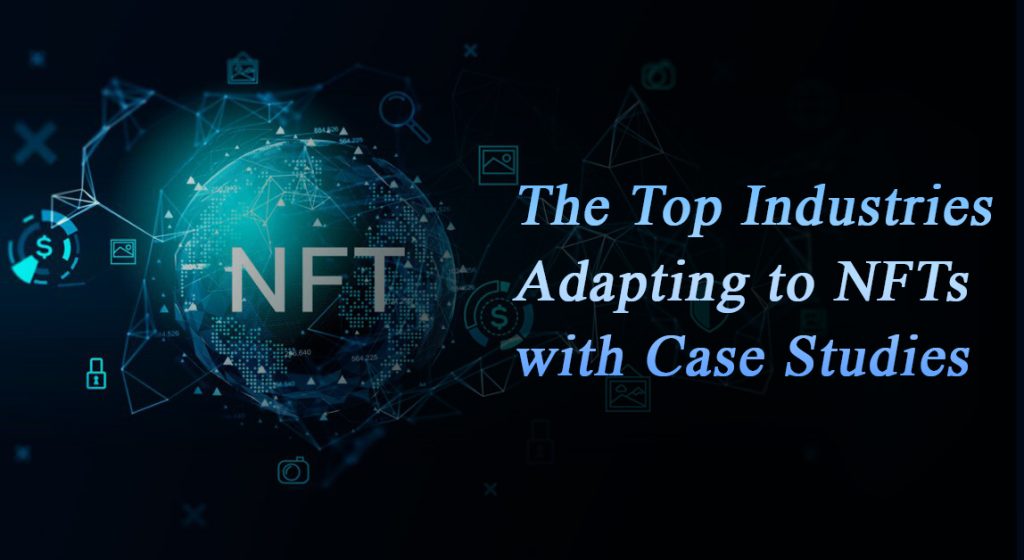Introduction
As NFTs have continued to rise in value and popularity, they have started disrupting industries around the world. NFTs are being adopted by industries proactively or they are preparing for their adoption in the future. Several big players, including Adidas, Coca-Cola, and McDonald, are using NFTs for Metaversal marketing, their primary product. However, what benefits do these hold for end-users? What is the secret of maintaining customer loyalty for offline real-time businesses?
The aims of this blog are to provide you with proof of the top industries and their leading players that are embracing NFTs aggressively to mark their presence in the Gen-Z Metaverse.
Leading industries embracing NFTs
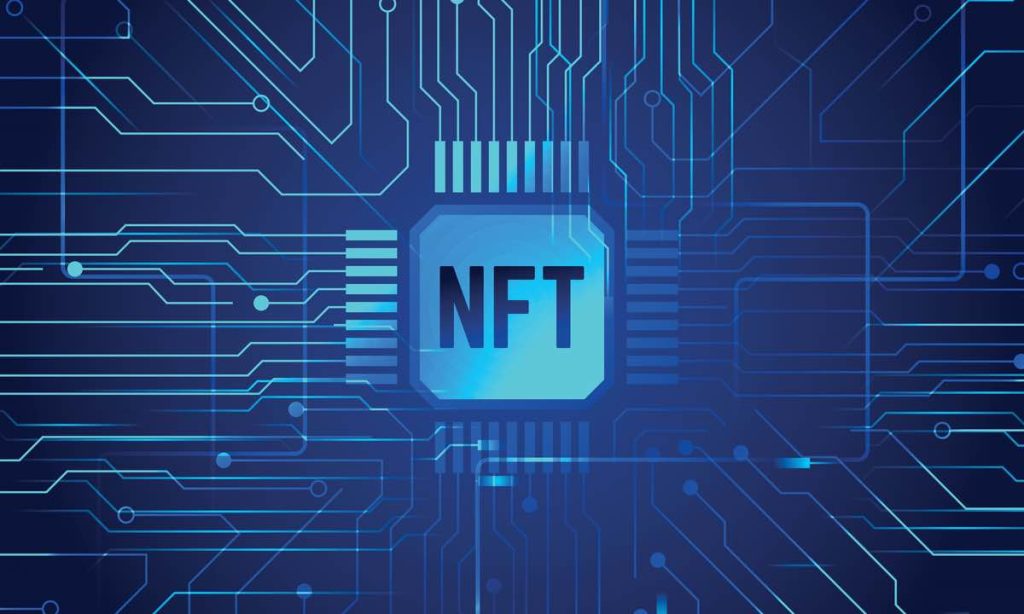
As NFTs have been making headlines in the arts and entertainment world, they are now becoming a reality. The notion that this technology would be used in a real-world business is still at an early stage. Examples include licensing and certifications, real estate, supply chain management, and logistics.
1. The Art and Music Industry

There is a long history of people controlling intellectual property components in the art and music industries. Brokers, galleries, agents, and labels fall under the purview of intellectual property. Artists’ works are regulated and distributed by these arbitrators, who also monitor the distribution of earned income from their work.
In terms of ownership, NFTs present a phenomenal opportunity for artists. By modifying this synergy, they are able to achieve new results. This allows artists to contact their fans directly. In this way, art pieces can retain their intellectual property and provide a constant stream of income from resales.
It is possible to retain intellectual property rights and generate an ongoing income flow from each piece of art. Beeple is an acclaimed NFT artist who was previously a graphic designer before he became an NFT artist. The artist became a multi-millionaire overnight with his NFT “Everyday’s”, a collection of 500 of his artworks. Mural Pak or Pak was also a major artist who sold his NFT “Merge” for an astounding $91.8 million.
Music industry professionals such as famous DJ Steve Aoki and Grimes, musician Snoop Dogg, and others are actively selling their music as non-financial assets for millions of dollars.
2. The Gaming Industry

Gaming companies look forward to NFTs, which is understandable. A number of games have developed their own virtual businesses through in-app purchases. These are basically tokens that represent assets that can be purchased as part of the game, e.g. Skins, shields, etc. Gamers can hold assets purchased in their games using NFTs, providing the gaming industry with a new revenue stream. The next step involves recurring assets/investments made in-game into fiat currencies. Axie Infinity, Spliterlands, Sandbox 3D, and others are examples of games that use Blockchain to deliver new features. There is a surprising amount of opportunity for profit in this industry since it is the closest to the Metaverse.
3. The Fashion Industry
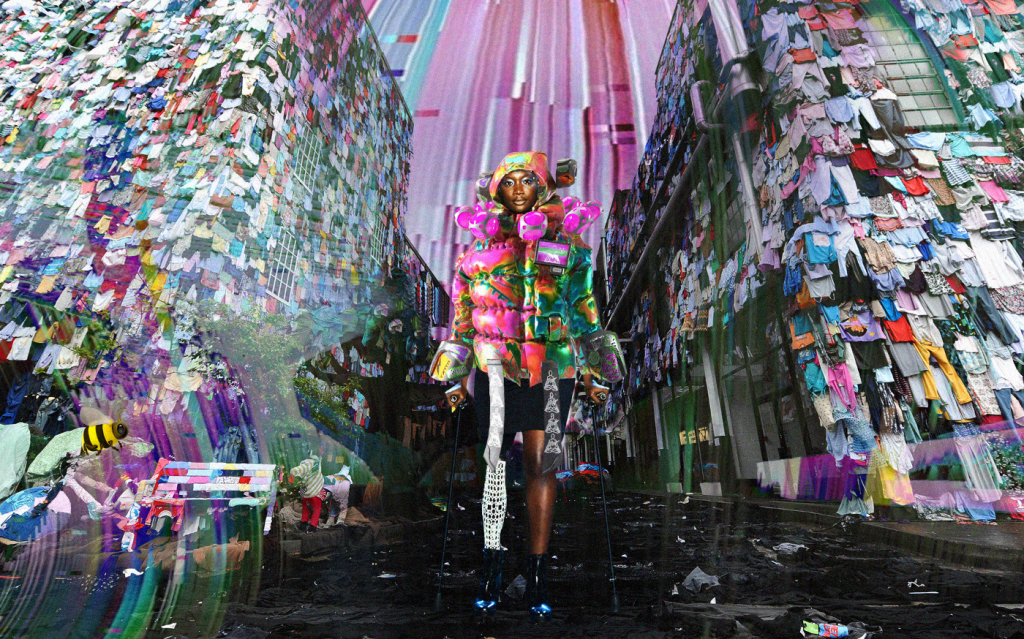
NFTs are no exception to the fashion industry’s tradition of setting the latest trends. 17 percent of the brands featured in the Vogue Business Index have already started banding with NFTs. Dolce & Gabbana also acquired about $6 million for a nine-piece digital NFT collection, while Burberry released its NFT collection in the game Mythical Games’ Blankos Block Party.
The actual utility of NFTs to the fashion industry involves the power to tap into worldwide communities while providing them with value-based tangible revenue. NFTs also let the brands curate personalized experiences that fuel desirability. Such, resultantly make the customers more loyal to the brand. All this lets the enterprises build hype around their product launches, fostering more business returns.
4. The Real Estate Industry

One of the major drawbacks of real estate investing is the difficulty of transferring property ownership. There is currently a massive amount of documentation required for buying a home or opening an estate chain. Additionally, due to governmental regulations, the scope of purchasing land gets severely restricted.
Land pieces can be controlled within minutes with NFTs since they simplify the acquisition process.
In addition, buyers now have the opportunity to purchase an unlimited amount of virtual properties that can be resold for quadrupled amounts. Several platforms offer virtual properties for sale, with plots going as high as $4.3 million on The SandBox and Decentraland.
How does this work in practice? The answer to that is debatable. Bitcoin was just as controversial as before 2015. And look what has happened since then.
5. The Identification, certification and documentation Industry
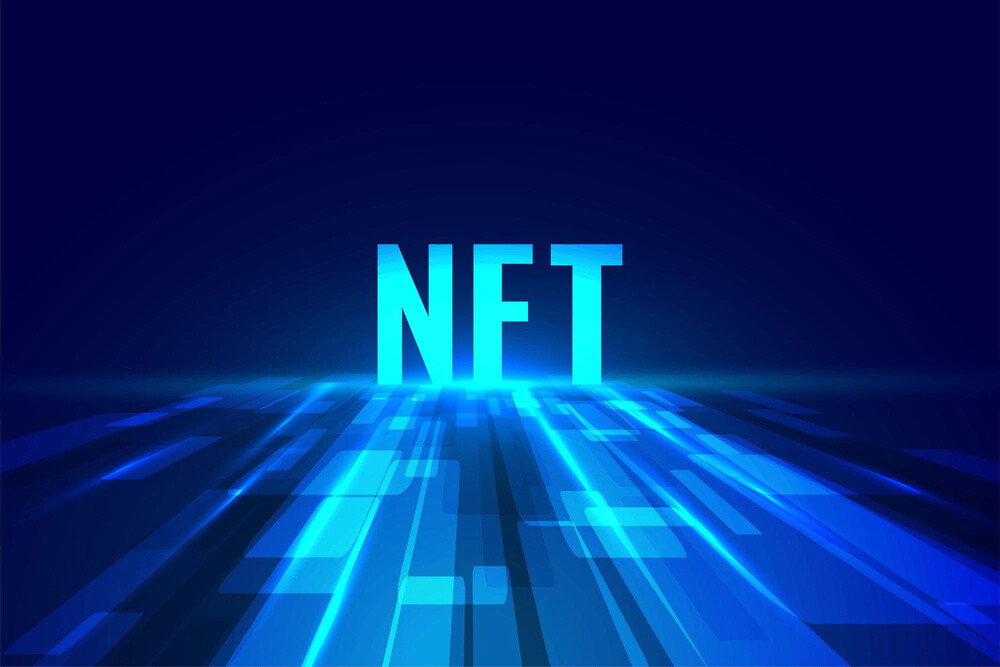
Even though NFTs can shine in the area of personal identity management, this is still an emerging application area. Due to the code that NFTs contain, they can contain unique sets of information and can therefore be used to tokenize documents such as degrees, academic certificates, licenses, and other qualifications, as well as medical records, birth, and death certificates. Directly over the blockchain as an NFT, the identity or certification can be issued, which can be traced back to its owner. NFTs can be used to store and protect users’ medical history, personal profiles, education, and address details digitally, so their data can be accessed securely and prevented from being stolen.
Passports and driver’s licenses could also be redesigned in the future in a similar manner. Although NFTs could help eliminate forgeries of driver’s licenses, visas, and passports, the exact terms of the technology — which may use mobile apps — have yet to be developed.
Vaccine passports can also be created by using NFTs. San Marino has adopted vaccination passports containing the NFT COVID-19 virus. By using the tokens, the passports will be authenticated and counterfeits reduced.
6. The Domain name ownership Industry
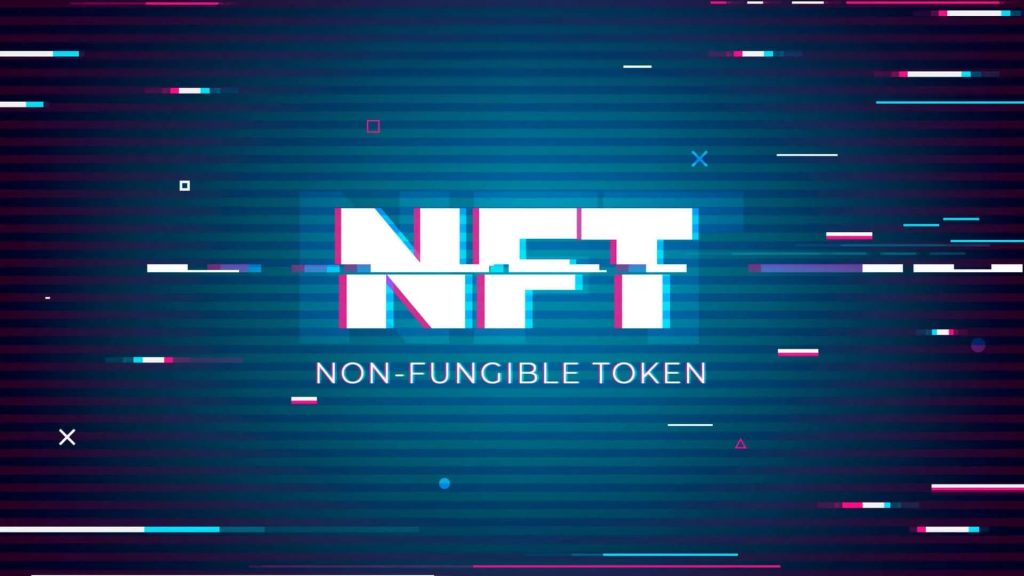
Blockchain domain systems allow domain owners to manage their domains with private keys. Standard domain name services (DNS) are controlled by the Internet Corporation for Assigned Names and Numbers (ICANN), but there is limited oversight of these domains. Consequently, they are vulnerable to censorship and security threats. As blockchain domain names are permanently registered in a public registry, third parties cannot alter or delete the details, so these concerns are alleviated.
In addition to enabling easy trades, blockchain domain NFTs also allows the customization of domain names. Decentralized alternatives to the standard DNS, Ethereum Name Service (ENS), and Unstoppable Domains use crypto-addresses similar to those on Instagram or Twitter, but must be unique in order to function. ENS and Unstoppable Domains let users buy and sell crypto addresses, although Instagram and Twitter users are not allowed to sell their usernames. Those with more popularity are usually more expensive.
7. The Supply chain and logistics Industry
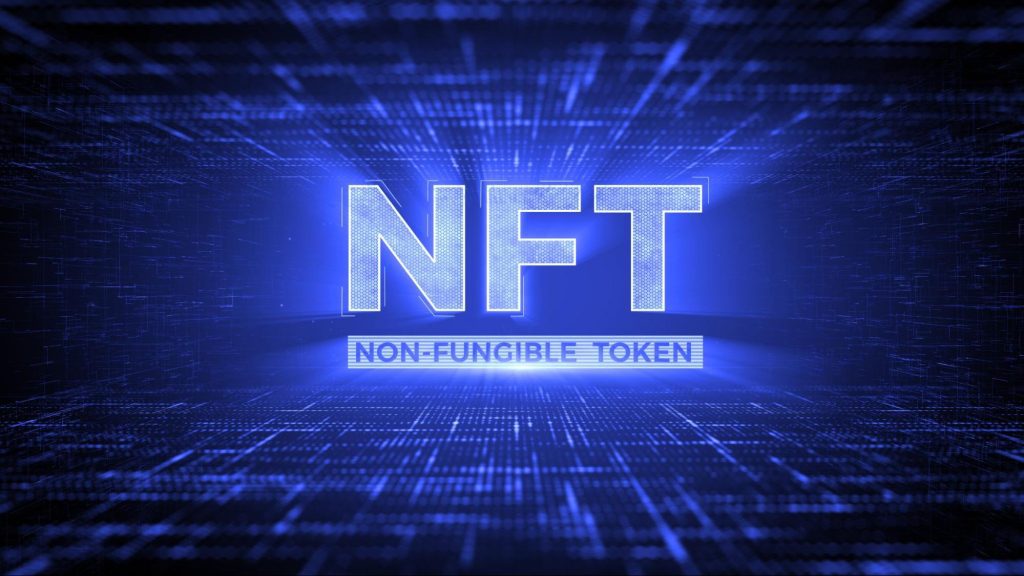
Authenticating products, ensuring their quality, and verifying their origin are the main functions of NFTs in the supply chain. Even though NFTs on the blockchain is at an early stage, their immutability and transparency make them a good fit for logistics applications since they make supply chain data authentic and reliable. Knowing where foods and other perishable goods have been and how long they have been there being crucial for industries that deal with them.
Counterfeiting is eliminated, the flow of goods around the supply chain can be traced and uniqueness is assured through NFTs. A luxury fashion brand might use NFTs in its supply chain. As well as providing details about a product’s materials and components, NFTs can also support companies in the auto industry. This could be helpful when attempting to control costs. In addition to tracking recyclable and sustainable materials, NFTs could also be useful for industries.
Also read: Best Nft to make money polygon punks you should know how to do
Conclusion
In our opinion, we are only at the beginning stages of implementing NFTs. Almost every industrial domain can benefit from decentralization, and NFTs are capable of achieving it. Clearly, the next several years will bring more exciting and exhilarating industry-NFT collaborations than ever before. This is your rousing yarn and you get to decide how you want to play a part.
